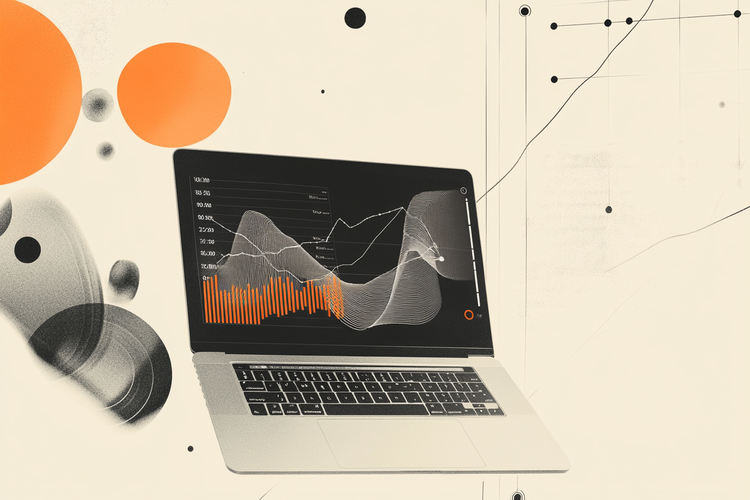We are living through one of the most rapid transformations in human history. Artificial intelligence is no longer just an emerging technology, it’s here, it’s powerful, and it’s already replacing significant chunks of our work across industries. From customer service bots to autonomous research agents and content generators, AI is taking over more of the daily workload than ever before.
But here’s the amazing twist: the more tasks AI can perform; the more valuable human connection becomes.
In this new reality, likeability, that spontaneous combination of warmth, trust, and charisma, is becoming a defining competitive edge. The ability to make others feel seen, heard, and understood is no longer a “soft skill.” It’s a power skill. And in many cases, it’s the very thing that determines who gets the opportunity, who closes the deal, and who builds lasting partnerships.
The human advantage
In an age where technical capabilities are being absorbed by machines, the most valuable humans are those who can manage people’s traffic, not processes. That doesn’t just mean managing teams. It means forging and managing relationships, expectations, emotions, and social dynamics, especially in a world increasingly mediated by screens, platforms, and digital interfaces. Managing people crisis will also become an important area of the future of business. If you are liked, and trusted, crisis participants will listen to you.
This is where likeability comes in. It’s not about being fake or playing politics. True likeability is rooted in emotional intelligence: listening well, expressing yourself clearly, building rapport quickly, and being the kind of person people want to work with.
Case in point: The Jobs-Wozniak dynamic
One of the most cited examples of this dynamic is the early Apple duo of Steve Wozniak and Steve Jobs. Wozniak was the technical genius who engineered Apple’s first computer. But it was Jobs—the charismatic storyteller, visionary, and relationship-builder—who brought Apple to life in the eyes of investors, customers, and the world.
Without likeability, persuasion, and presence, a great idea can easily be overlooked. With it, even an average product can gain traction and momentum. This is not about manipulation, it’s about connection.
The power of first impressions
Dr. Robert Cialdini, one of the leading experts in behavioral psychology, explores this in two essential books: “Influence: The Psychology of Persuasion” and “Pre-Suasion.”
In Influence, Cialdini breaks down six key principles that drive human behavior, one of which is liking. We are more likely to say yes to people we like. And we tend to like people who are similar to us, who give us compliments, and who cooperate with us toward mutual goals. In professional settings, this can be the difference between getting a deal or being ignored.
His follow-up, Pre-Suasion, digs even deeper, showing how the moment before the message is just as important as the message itself. In other words, your ability to set the tone, establish connection, and create trust before you make your ask often determines the outcome. It’s not manipulation, it’s alignment.
What happens when it’s missing?
Some of the most promising startups, teams, and even individual contributors fail, not because the idea or product was flawed, but because no one liked them nor trust them. They were hard to work with, difficult to communicate with, or simply unrelatable. Investors pull back. Clients walk away. Team morale erodes.
It’s not enough to be excellent and talented. You have to be relatable. And increasingly, likeability is the factor that breaks ties in a world where many people have similar credentials, experiences, and offers.
Final thought
As AI continues to eat away at tasks once done by humans, the value of being human is rising. Likeability is no longer a nice-to-have, it’s the new leverage. Whether you’re trying to land a job, build a brand, close a deal, or simply stand out in a crowded, digital world, people need to like you, trust you, and feel understood by you. Master that, and you’ll be future-proof.

